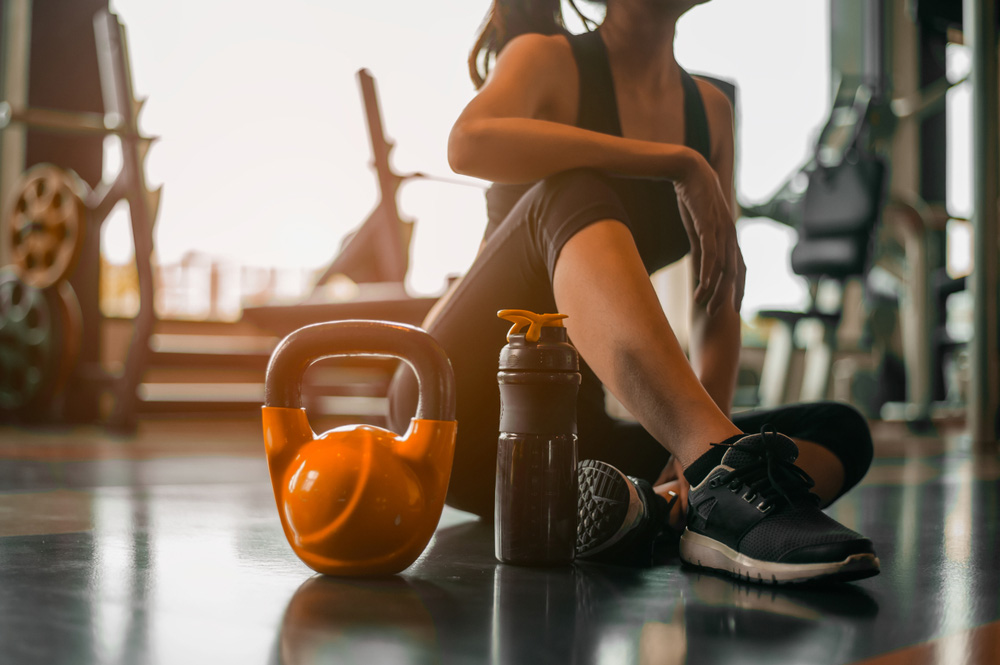As a big part of the effort, recovery is conducive to the regeneration of tissues, the elimination of waste, and the renewal of reserves, and therefore to performance.It requires the implementation of an adapted diet which is articulated in two phases: the recovery snack followed by the recovery meal.
IMMEDIATE: THE RECOVERY SNACK
In order to take advantage of the metabolic window, the recovery snack must be eaten quickly after stopping the exercise (30 minutes maximum).
Example recovery snack
To be optimal, it should provide:
1 - Water to rehydrate the body and compensate for losses due to sweating, thermoregulation and breathing;
2 -Micronutrients(especially sodium and potassium)in deacidifying form (citrates and/or bicarbonates) for the restoration of the mineral stock and the return to the acid-base balance;
3 -Carbohydrates with medium to high glycemic indexes(maltodextrins, glucose and fructose ...)in order to replenish glycogen reserves (muscle and liver);
4 -Protein with a good composition of branched-chain amino acids (BCAA: leucine, valine, isoleucine), methionine and glutamine in order to take advantage of the anabolic period to repair damaged muscle fibres.
Note: The joint intake of proteins and carbohydrates, stimulating the secretion of insulin, is an essential nutritional strategy because it increases the speed and level of glycogen synthesised and reduces the effects of muscle anabolism.
AT DISTANCE
The recovery meal
The recovery meal should be dominantly vegetarian with carbohydrate and alkaline foods such as potatoes,rice or even dried vegetables (lentils, dried beans, chickpeas...)which are essential to continue glycogen resynthesis.
Systematically integrate vegetables(preferably raw or even steamed) and fresh fruit or dry (grapes, figs, dates).
Conversely, avoid excessive consumption of red meat very acidifying and prefer the consumption of eggs, fish or poultry (turkey)as well as vegetable proteins (tofu, seitan ...).
Make sure to consume raw fats of quality(rapeseed, flaxseed, or walnut oil ...) or oilseeds (hazelnuts, walnuts ...)for the intake of polyunsaturated fatty acids.
It is also important to continue to hydrate frequently.





